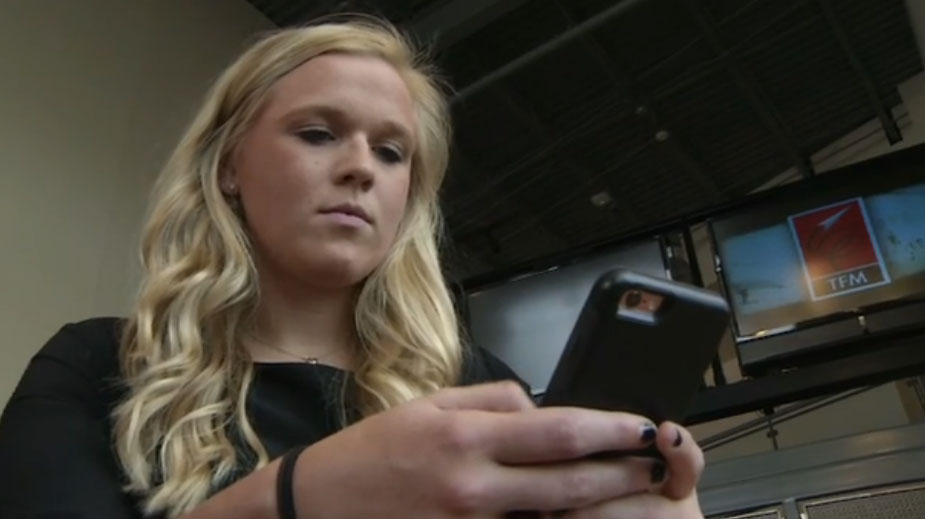Study explores health knowledge among Millenials

The Millennial generation have surpassed Baby Boomers as the nation’s largest living generation, and Millenials obtain the majority of their health information using new learning patterns from ever-evolving sources.
A study on this topic, “Health Knowledge Among the Millennial Generation” was published in the Journal of Public Health Research 2013; volume 2:e8, and was recently featured on WITF’s Health Smart program. Video from that presentation is available here.
The Millennial generation is generally regarded as those individuals born between 1980 and 2000, the first to grow up in an environment where health-related information is widely available by internet, TV and other electronic media.
A multidisciplinary research team of Penn State faculty (Tom Lloyd, Michele Shaffer, Christy Stetter, Mark Widome, John Repke, Michael Weitekamp, Paul Eslinger and Sandra Bargainnier) from the departments of public health sciences, pediatrics, neurology, obstetrics and gynecology and medicine at Penn State College of Medicine in Hershey, PA, and the department of kinesiology at Penn State’s University Park campus, conducted a study among 804 senior high school students to quantify two domains of clinically relevant health knowledge (factual content) and ability to solve health related questions (application).
Study subjects correctly answered, on average, 75 percent of health application questions but only 54 percent of health content questions.
High school students in contemporary America live among sound bites and fleeting images, where much health related information is presented to them as factual whether it is or not. The result is that they often do not know or understand the content from which the advice was derived. This type of advice-driven knowledge is likely to restrict and limit problem solving when faced with new or complex situations involving. For example, they may know not to drink the water in Mexico, but not realize that the ice in their soft drink in Mexico may be just as dangerous as the tap water.
Assessing clinically relevant health knowledge of young Americans is a logical initial step in the attempt to improve American health literacy and improve the ability of physicians and patients to understand one another in clinical settings.
Read more about the study here.
If you're having trouble accessing this content, or would like it in another format, please email Penn State Health Marketing & Communications.
